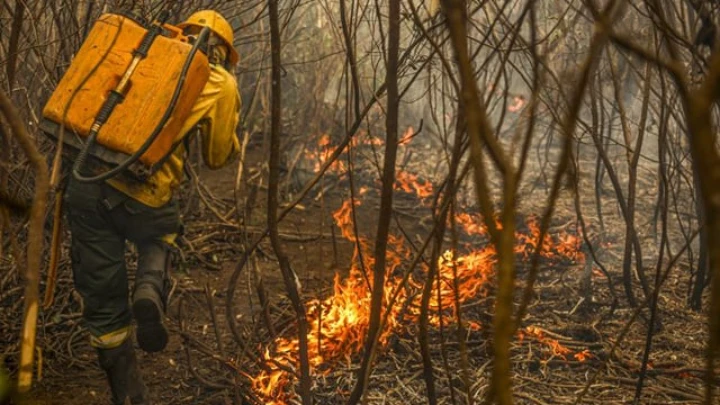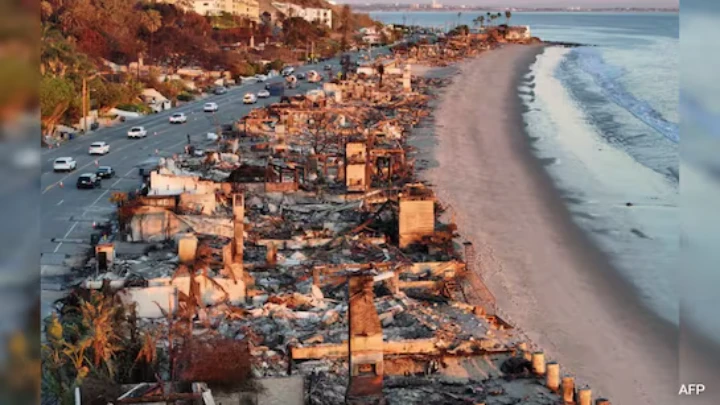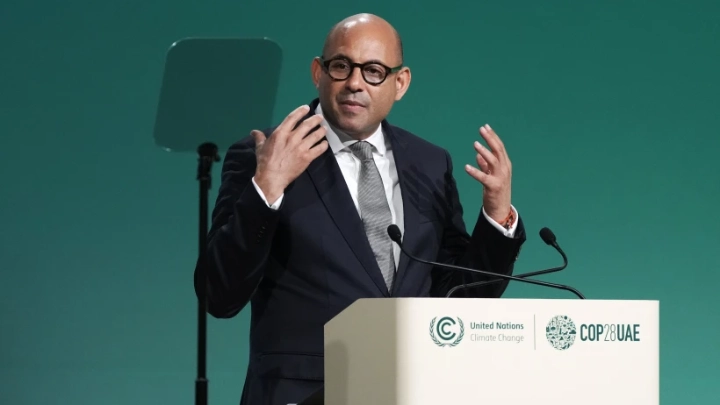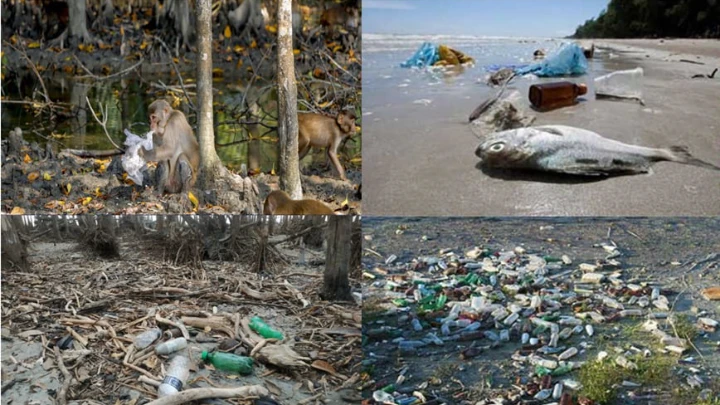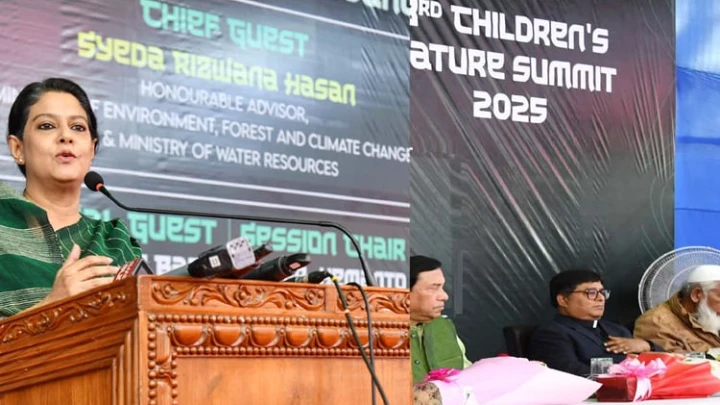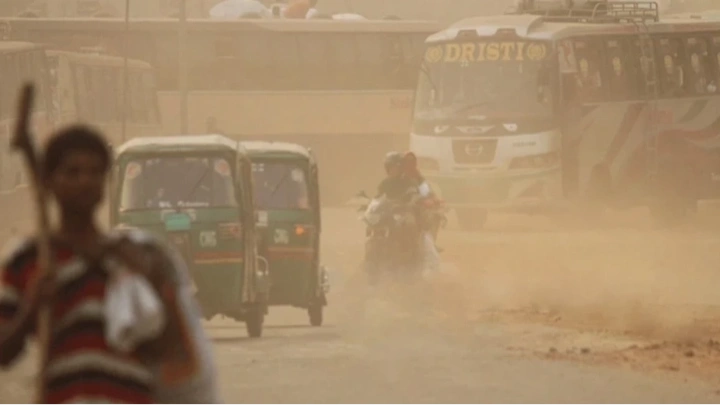Gaibandha’s Char Kabilpur sees economic revival with solar power
DhakaTribune || Shining BD
In Char Kabilpur, a remote community on the banks of the Jamuna River in Gaibandha’s Phulchhari Upazila, solar power is reshaping the lives of residents long afflicted by repeated land loss and economic vulnerability due to river erosion.
For decades, people here have seen their ancestral lands eroded, some up to 20 times, due to the river’s shifting currents.
This unpredictable environment has made it difficult to establish stable infrastructure, limiting access to essential services like healthcare, education, and electricity.
However, the recent introduction of solar power has brought transformative change, making modern amenities accessible and sparking new economic opportunities in the community.
Today, solar panels illuminate the majority of Char Kabilpur’s households, enabling residents to power devices like fans, mobile phones, televisions, and refrigerators and bringing significant improvements in day-to-day life.
In a village once considered among Bangladesh’s “dark islands,” solar energy has bridged gaps in connectivity, bringing internet access and even basic e-commerce to residents, many of whom previously had little to no means of accessing modern conveniences.
As a result, the local economy is experiencing positive shifts, with an increase in small businesses selling a variety of goods, creating new livelihoods and reducing dependency on nearby urban centers for supplies.
Gaibandha Deputy Commissioner Chowdhury Muazzam Ahmed commended the initiative, describing solar power as a much-needed upgrade for the area’s residents.
He said: “The government is committed to addressing the social and economic challenges in Char Kabilpur and other chars, including healthcare and education. As part of this initiative, local government and development organizations are striving to identify solutions to the persistent issues that residents face.”
Non-governmental organizations like Friendship play a vital role in supporting char residents.
Friendship’s Sustainable Economic Development sector has helped to modernize agricultural practices and strengthen climate resilience among local farmers, providing them with training, materials, and resources to improve yields and reduce risks associated with unpredictable climate patterns.
Through hands-on training, Friendship has guided residents on managing crop rotation, cultivating rice and jute, producing safe vegetables, and raising cattle.
The organization also offers materials for vermicomposting, agricultural seeds, vaccines, and animal feed, all of which have boosted productivity and sustainability.
Friendship further assists in soil health testing and guides farmers on optimal fertilizer use, aimed at improving both crop yield and environmental health.
Despite these advancements, residents face considerable hurdles, primarily stemming from a lack of permanent infrastructure due to river erosion’s ongoing threat.
The unpredictable flooding and erosion have so far prevented the establishment of stable structures, leaving residents dependent on seasonal efforts to rebuild and adapt.
Transportation costs and access to modern farming techniques remain a challenge, further complicating their ability to sustain improvements.
Many residents, like char farmer Rafiq Mia, view solar power and support from non-governmental organizations as essential steps forward but express a need for broader government involvement.
“We were neglected and helpless before, but times are changing. With support, we’re focusing on self-reliance and agriculture,” said Rafiq.
“If the government steps in more, we could see even greater changes.”
According to the Deputy Commissioner, the government is now focusing on long-term plans that include enhancing healthcare facilities, ensuring educational access, and developing sustainable communication infrastructure, with solar power as a critical element.
This shift towards renewable energy and sustainable development aligns with Bangladesh’s national objectives to improve life in underserved communities, especially in regions prone to climate vulnerabilities.
The char regions, of which Gaibandha’s Jamuna section contains approximately 162, have historically been marked by “dark islands” of isolation, poverty, and limited resources.
During the monsoon season, these chars are especially prone to flooding, resulting in displacement, food shortages, and significant disruption to livelihoods.
However, the advent of solar power has brought new aspirations to these remote regions.
Residents and local leaders are hopeful that continued investment in sustainable infrastructure, combined with community-driven initiatives, can offer Char Kabilpur and its people a brighter, more stable future.
This blend of solar energy adoption, self-reliant economic activity, and improved community resources may serve as a model for other vulnerable char areas across Bangladesh, where challenges related to erosion and accessibility persist.
As Char Kabilpur continues to progress, local voices are urging both the government and non-governmental agencies to invest further in long-term solutions to ensure that this transformative shift in quality of life is both resilient and sustainable.
Shining BD

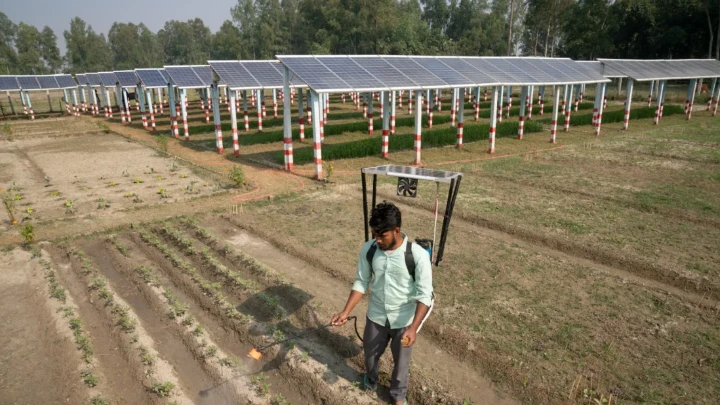
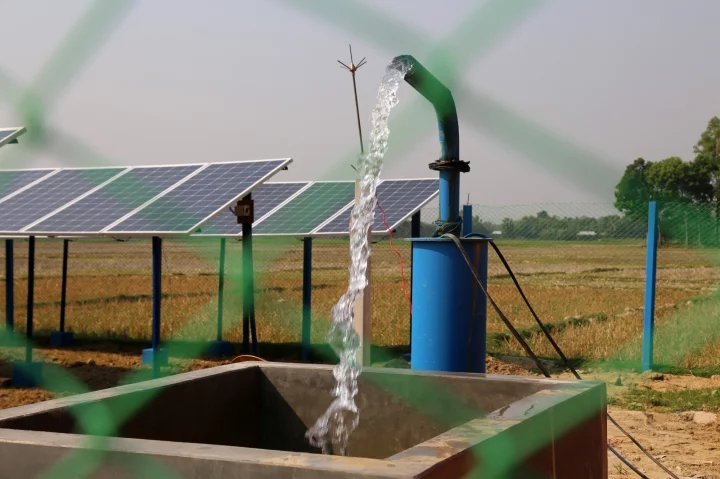 Photo: Dhaka Tribune
Photo: Dhaka Tribune
